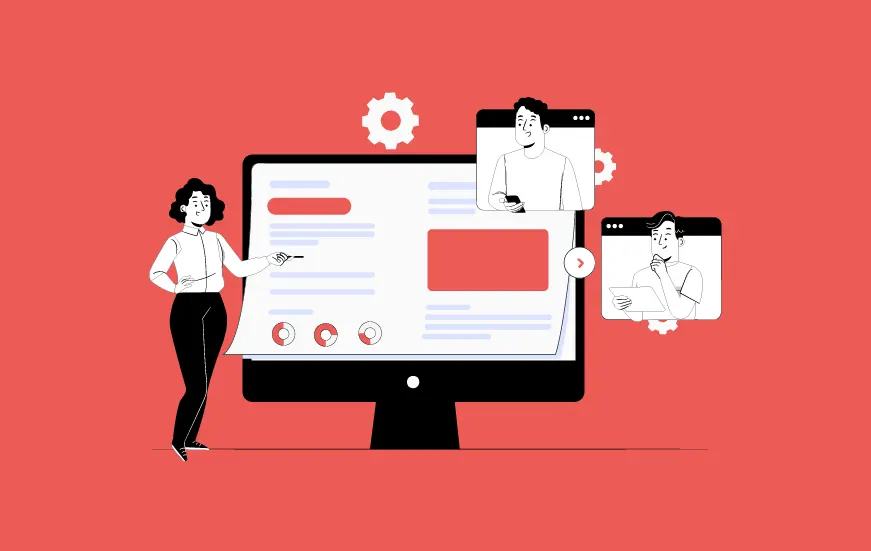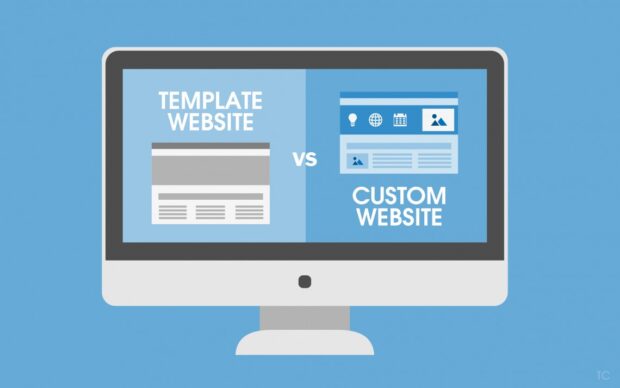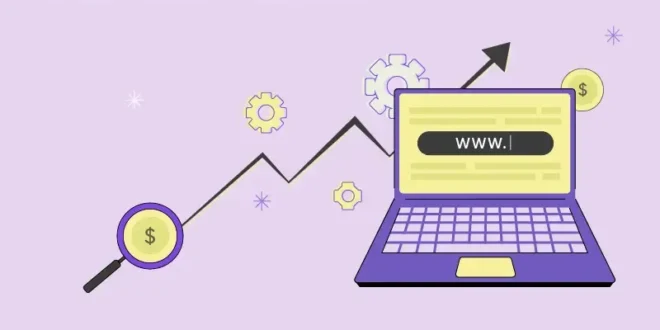When I first started looking into website development for my business, I thought it would be a straightforward process. I figured, “Buy a domain, pay for hosting, and hire someone to build it.” Easy, right?
Not quite. As it turns out, the real costs of creating and maintaining a website go far beyond what’s visible at first glance. Let me walk you through everything I wish someone had told me before I started this journey.
The Basics Seem Simple—But They’re Not Always What They Appear
Hosting Comes with Layers of Costs

At first, hosting seemed like a set-it-and-forget-it expense. Pay a monthly or yearly fee, and your site stays online. But as my website grew, I realized hosting has multiple layers of costs. For instance, needing more bandwidth or storage space can mean upgrading to a pricier plan.
Then there’s the question of performance. If your site slows down as traffic increases, you might have to pay for faster servers or even a dedicated hosting package. And if your hosting provider has frequent outages, you’ll spend even more to switch providers or add third-party uptime monitoring services.
Hosting is foundational, sure, but don’t underestimate how easily its costs can stack up.
Domains: A Recurring Expense
Registering a domain name seemed like one of the cheapest parts of the process. Many registrars offer first-year discounts that make it look like a steal. But then renewal time came, and I discovered that prices jump significantly after the initial year—especially for popular or premium domain names.
If you care about keeping your personal information private, you might also pay for domain privacy protection. Without it, anyone can look up your details in public databases. These extra layers, while essential, can make what seemed like a small expense feel much bigger over time.
Design Decisions That Can Break the Bank
The True Cost of Templates vs. Custom Design

When I first explored website design options, I thought using a template would save me a ton of money. Templates are cheaper upfront, but customizing one to truly reflect your brand can cost almost as much as starting from scratch. Plus, not all templates are created equal; some are poorly optimized for mobile or slow to load, meaning you might need extra work to fix them.
A fully custom website? It’s a game-changer, but it comes at a premium. A professional designer’s time doesn’t come cheap, and if your business is in a competitive industry, a unique look may be non-negotiable. Add to that the fact that design trends and technology evolve, and your custom site might need an expensive refresh sooner than expected.
Revisions, Revisions, Revisions
What I didn’t expect was how much time and money would go into tweaking the design after seeing it live. Color schemes, layout adjustments, and other changes might sound minor, but they add up fast. A simple “Can we move this element here?” can lead to hours of work for a designer or developer—and more billable hours for you.
Features Aren’t Always Included in the Base Price
Plugins and Integrations
I thought certain features would be baked into the price of website development. Things like contact forms, booking systems, or e-commerce functionality seemed basic enough. Nope. Many of these features require third-party plugins or custom coding, and neither comes cheap.
For example, adding an e-commerce platform meant paying for the plugin itself, plus a developer to ensure it was set up correctly. Integrating a live chat feature or building a customer portal involved similar hidden costs. It became clear that every “nice-to-have” feature came with its own price tag.
The Maintenance Trap
Even after the site was built, I quickly realized the work—and costs—don’t stop there. Platforms, plugins, and other components require regular updates to keep them secure and functional. Skipping updates isn’t an option unless you want your site to become vulnerable to hackers or stop working altogether.
Maintenance isn’t something you can always handle yourself, especially if you’re not tech-savvy. Hiring someone to manage updates, backups, and troubleshooting adds another recurring expense. A reliable web design agency like this one can help, but professional services don’t come for free.
Content Creation: The Hidden Money Pit
Writing Isn’t “Free”

Before building my site, I figured I could handle the writing myself. But writing compelling, SEO-friendly content is time-intensive and requires skill. If you’re juggling other business responsibilities, hiring a professional copywriter might be your best option—but it’s not cheap.
Even if you’re good with words, you might still need help with creating attention-grabbing headlines, formatting pages for readability, or optimizing for search engines. Each of these steps adds to the bill.
Visual Content Costs Too
Good visuals make a website stand out, but high-quality images and videos aren’t cheap. Stock photos are an option, but the best ones often cost money, and they might not feel authentic to your brand. Custom graphics or professionally shot videos can elevate your site, but they require hiring a designer, photographer, or videographer.
SEO and Marketing: The Long Game
Search Engine Optimization (SEO) Isn’t Optional

You can have the prettiest site in the world, but if it doesn’t rank on Google, what’s the point? SEO involves more than just adding keywords to your content. You might need technical fixes, like improving site speed or creating a sitemap, plus strategies for building backlinks or optimizing metadata.
Many businesses, myself included, find it’s easier to hire an SEO specialist—but that’s another recurring expense to factor into your budget.
Ongoing Marketing Efforts
Once your site is live, you still need to attract visitors. Paid advertising, social media marketing, and email campaigns all require financial investment. Even free tools like Google Analytics can lead to costs if you decide to upgrade to premium versions for advanced insights.
Security: An Essential Investment
Protecting Your Site and Your Customers

One thing I learned quickly is that online security isn’t optional. SSL certificates, which encrypt data and make your site more secure, are mandatory if you’re handling customer information. Some hosting providers include basic SSL for free, but more advanced options often come with a price.
Beyond that, I needed firewalls, malware scanning, and regular backups to ensure my site stayed safe. Those services add up but are critical for keeping both your business and customers protected.
Preparing for the Worst
Even with all those safeguards in place, I learned it’s essential to have a plan for recovering from a hack or data loss. Hiring professionals to manage security gives you peace of mind, but it’s another expense to consider.
Final Thoughts
If you’re planning to build or improve a website, don’t just look at the upfront costs. Factor in the ongoing expenses for hosting, maintenance, content, security, and marketing. Budgeting for these hidden costs can save you a lot of stress down the road.
 Jewel Beat
Jewel Beat

